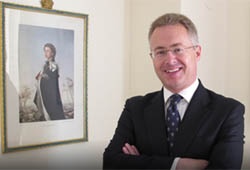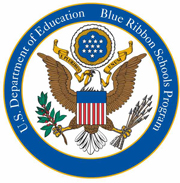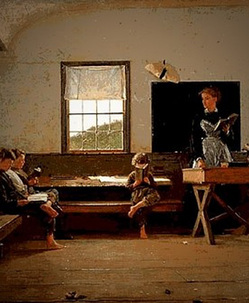The Catholic school system in the US has been in a very desperate shape for years: acute and chronic money problems, lack of good, solidly trained Catholic teachers and administrators, a coherent vision of Catholic education as it interfaces with the charism of the religious order/diocese operating the school, building & grounds in near of repair, low endowments, etc. Then there is the assessment of what is purported to constitute a Catholic school: poor formation in the faith, the arts & humanites and science suffer, good use of current technologies, and engagement with people who do things differently, engagement with the vulnerable and culture of life, etc. Many, many Catholic schools don’t offer the Sacrifice of the Mass on a weekly basis for the students; and very few of them that I am familiar with offer reliable guidance and formation of the faculty and parents. In my book, if the bishop rarely shows up and the pastor visits the school only when there is crisis. then the problem is more acute.
Don’t get me wrong: I am a product of a lot years Catholic education and wouldn’t trade it for anything. I love my time in the Catholic schools I attended but I can see the gaping holes in education and experience. I also believe that the Church needs excellent schools and formation programs.
Five exceptions to this critical view may be the five schools in the Diocese of Bridgeport recently named “Blue Ribbon” by the US Dept of Ed. But for these success stories in Catholic Education there are thousands of others pointing to major problems.
Today, there is an article in Time that speaks to a corrective of what is noted above. The dynamic Mr. Ekicsen is asking the right questions and seeking reasonable solutions. The bishop of Patterson made an excellent choice in hiring Eriksen and I pray his project thrives. It will –the saints are behind him. Read about the Eriksen initiative…
I think of a few things that are contributing to a renewal of Catholic eduation in the US: 1) Luigi Giussani’s The Risk of Education; 2) the Ed Conference; 3) UND’s ACE program; and 4) Dwight Longenecker’s booklet The Risk of Faith; 5) Catechesis of the Good Shepherd. This is not an exhaustive list by any stretch of reality because I know there are plenty of more good programs/schools out there so please forward the names to me.



